The losses mean one of industry’s richest trade associations has been forced to cut costs and radically restructure the way it operates.
The disastrous Lloyd’s investment started in 2009 and lasted until November 2011.
It was sanctioned by former directors of the association and the current leadership team has been left to deal with the financial fall-out.
Documents seen by the Enquirer show the investment in a Lloyd’s syndicate has already racked-up £26m in losses.
But the association will also be liable for future losses while the underwritten policies are in a run-off period until 2014 with the ECA braced for another £5m hit.
The scale of the losses dwarfs the association’s annual subscription income of £4m from members.
One industry expert said: “The ECA has historically been one of the UK’s richest trade associations with a lot of property assets and profits from investments and its insurance operations accumulated over the years
“It’s not going to go under – they can manage even a hit this big.
“But they will have to look carefully at the cost base and reduce it significantly.”
The association has historically generated income from investments and its insurance scheme for contractors operated under the ECIC brand.
ECIC has paid a special £6m dividend to the association to cover some of the Lloyd’s losses.
Steve Bratt, CEO of the ECA told the Enquirer: “In 2009, we invested in a Lloyd’s syndicate and managing agency with a view to extending our insurance offering to our members.
“At that time, nobody could have predicted the series of international natural disasters which were about to affect the insurance industry as a whole and as a result, our investment in that syndicate.
“Indeed, 2010 and 2011 were the worst ever losses recorded in Lloyd’s history.
“To minimise further loss, the Association took the decision in November 2011 to exit from this market.
“The Association was already taking strides to close the gap on its reliance on profits from insurance operations and investment income and the Lloyd’s experience has merely accelerated this process.
“As a result, we have made some very positive changes to our operating model and to our governance arrangements and as a consequence we are much stronger.
“We have a strong asset base and are well capitalized. Furthermore, our A- rated insurance company, ECIC, shows good growth prospects.
“It is important to bear in mind that these are losses that are provided for in the accounts rather than fully realized and are not all cash related.
“As regards our members, they have not been directly affected by this and continue to enjoy the same level of service and benefits.”





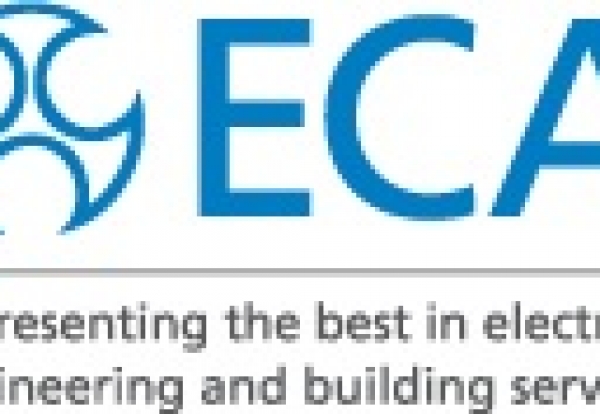







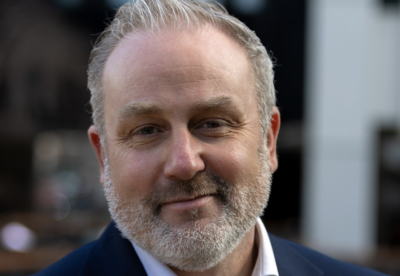

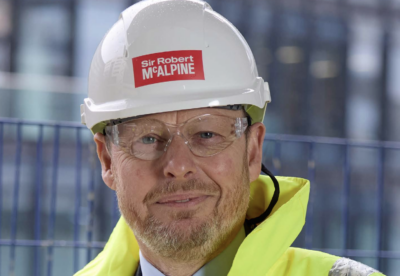

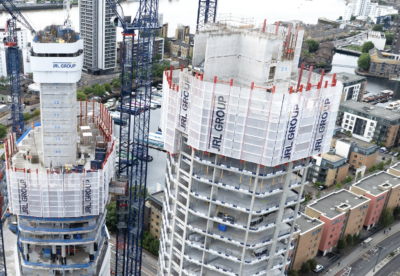





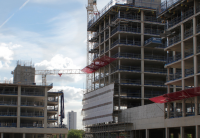





 (300 x 250 px).jpg)







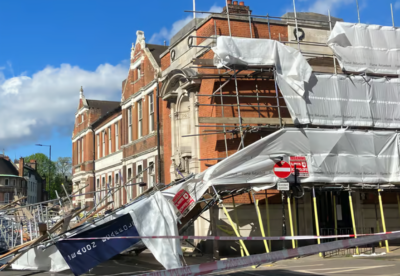
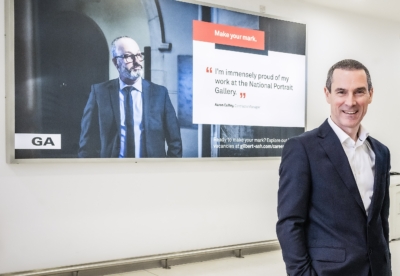




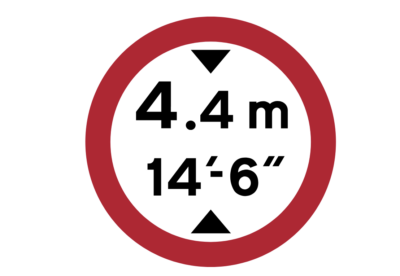


.gif)





